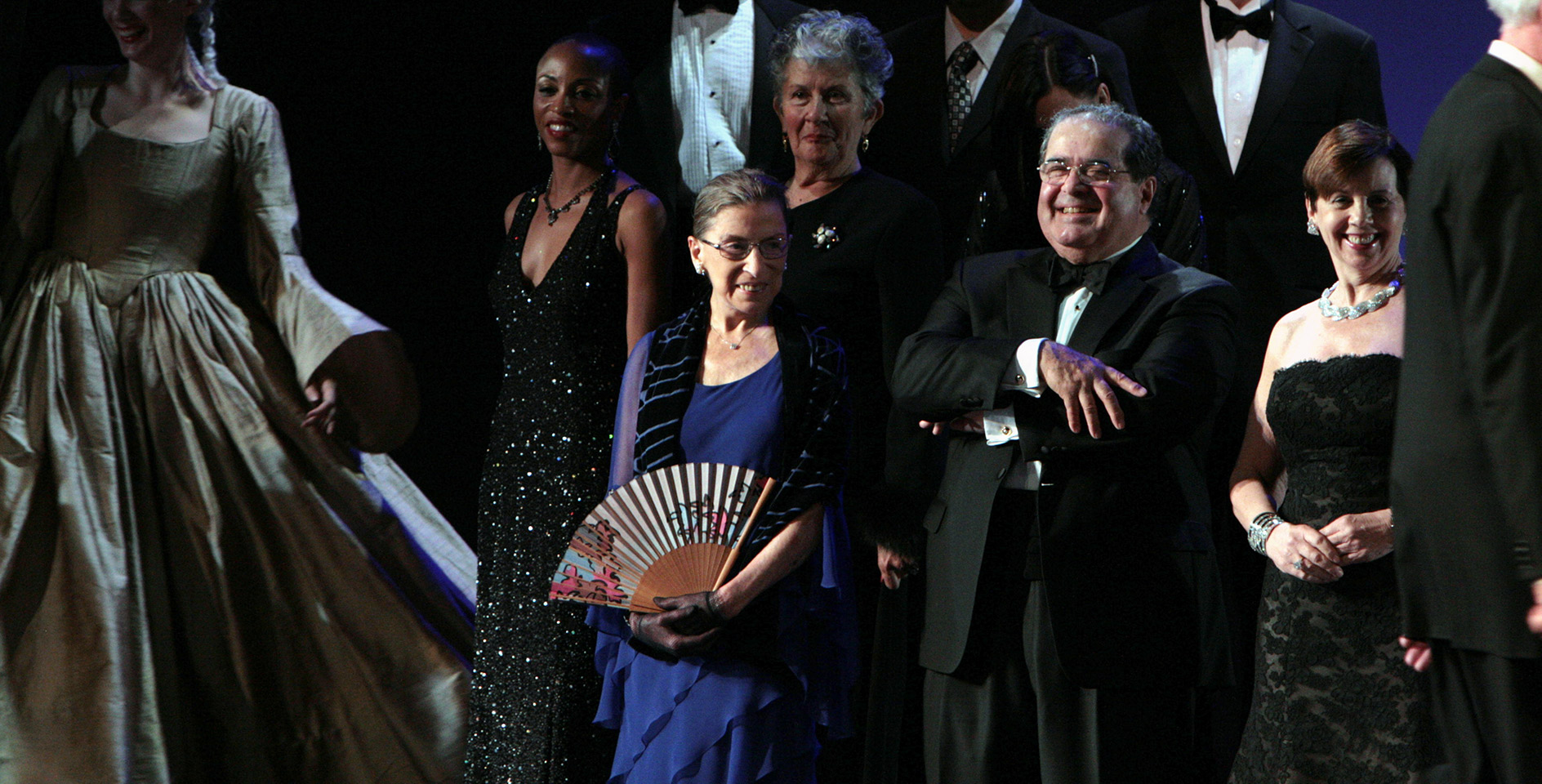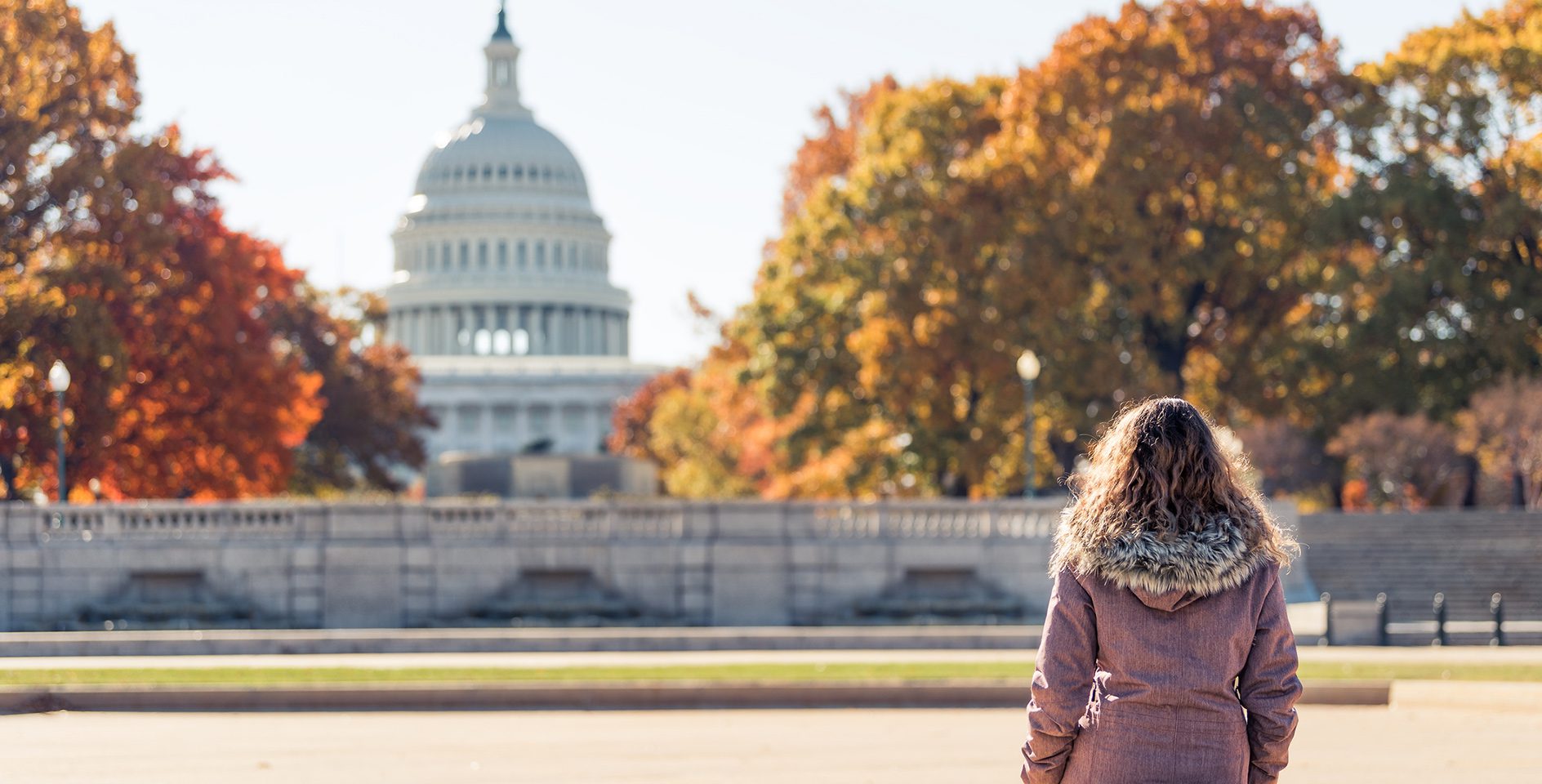U.S. Supreme Court Justice Antonin Scalia has died at the age of 79. He reportedly died in his sleep during a visit to Texas. Here are five facts you should know about the man who was one of the leading conservative voices on the nation’s highest court:
1. Antonin Scalia (nicknamed “Nino”) was born on March 11, 1936, in Trenton, N.J. He attended Xavier High School in Manhattan, a military school run by the Jesuit order of the Catholic Church, and studied History at Georgetown University. After graduating as valedictorian from Georgetown in 1957, he attended Harvard Law School, where he was editor of the Harvard Law Review and graduated magna cum laude. After graduating from Harvard Scalia worked for a law firm in Cleveland, Ohio (1961–67), before moving to Charlottesville, Virginia, where he taught at the University of Virginia Law School (1967–74). While in Virginia, he served the federal government as general counsel to the Office of Telecommunications Policy (1971–72) and as chairman of the Administrative Conference of the United States (1972–74). In 1974 Scalia left academia when President Ford nominated him to serve as Assistant Attorney General for the Office of Legal Counsel, an office in the Department of Justice that assists the Attorney General in his function as legal adviser to the President and all executive branch agencies.
2. In 1977 Scalia resumed his academic career at Georgetown University and the University of Chicago Law School (1977–82). For part of the latter period he served as editor of Regulation, a review published by the conservative American Enterprise Institute. In 1982 President Reagan nominated him to the U.S. Court of Appeals for the District of Columbia Circuit. In 1986, Chief Justice Warren Burger informed the White House of his intent to retire, allowing Reagan to nominate Associate Justice William Rehnquist to become Chief Justice and nominating Scalia to fill Rehnquist's seat as associate justice. He became the first Italian-American to serve on the Supreme Court
3. Scalia subscribed to a judicial philosophy known as “originalism.” This view holds that the Constitution should be interpreted in terms of what it meant to those who ratified the Constitution in 1788, and is often contrasted with the Constitution as a "living document" that allows courts to take into account the views of contemporary society. Scalia argued that originalism — and trying to figure out the Constitution’s original meaning — is the only valid option for judicial interpretation, otherwise “you're just telling judges to govern.” "The Constitution is not a living organism," he said. "It's a legal document, and it says what it says and doesn't say what it doesn't say."
4. Scalia was an adamant and vocal opponent of “judicial activism,” particularly when it was used to circumvent the democratic process on social issues. Scalia once said that that judges were crossing the line when it came to deciding matters of abortion and gay rights. Lawyers, in particular, are at fault, he added.
“[Lawyers] are not trained to be moral philosophers, which is what it takes to determine whether there should be, and hence is, a right to abortion, or homosexual sodomy, assisted suicide, et cetera… And history is a rock-hard science compared to moral philosophy.” Among his decisions in cases involving social issues, Scalia opposed federal legalization of abortion; said same-sex marriage was incoherent; and opposed banning homosexual sodomy laws.
5. Scalia was a devout traditionalist Roman Catholic (one of his sons is a Catholic priest). In an interview in 2013, New York magazine asked him, “Isn’t it terribly frightening to believe in the Devil? Scalia replied,
You’re looking at me as though I’m weird. My God! Are you so out of touch with most of America, most of which believes in the Devil? I mean, Jesus Christ believed in the Devil! It’s in the Gospels! You travel in circles that are so, so removed from mainstream America that you are appalled that anybody would believe in the Devil! Most of mankind has believed in the Devil, for all of history. Many more intelligent people than you or me have believed in the Devil.
His critics frequently claimed that as a “Catholic” justice he was letting his faith influence his rulings. He responded by saying that, “There is no such thing as a Catholic judge,” just as there is no such thing as “a Catholic way to cook a hamburger.” He later admitted there were only two teachings of his faith that affect his judicial work: “Be thou perfect as thy heavenly Father is perfect,” and “Thou shalt not lie.”










